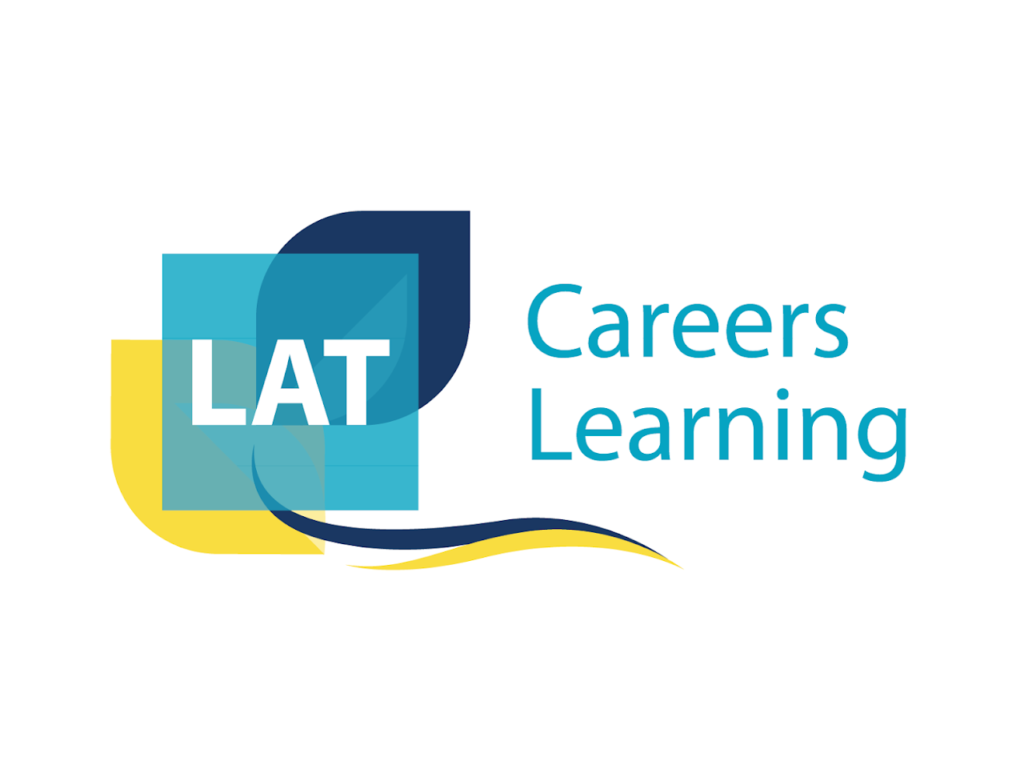career development institute
The Career Development Institute (CDI) is the main professional body for professionals involved with various forms of careers education, development and guidance. It covers work with all age groups and a wide variety of roles.
Below is a short video of less than three minutes that will give you an overview of LAT’s career- learning outcomes, based on the CDI-Framework. See below for details.
To find out more about careers learning and guidance, please check out this video, which can also be used for professional development amongst teams.


